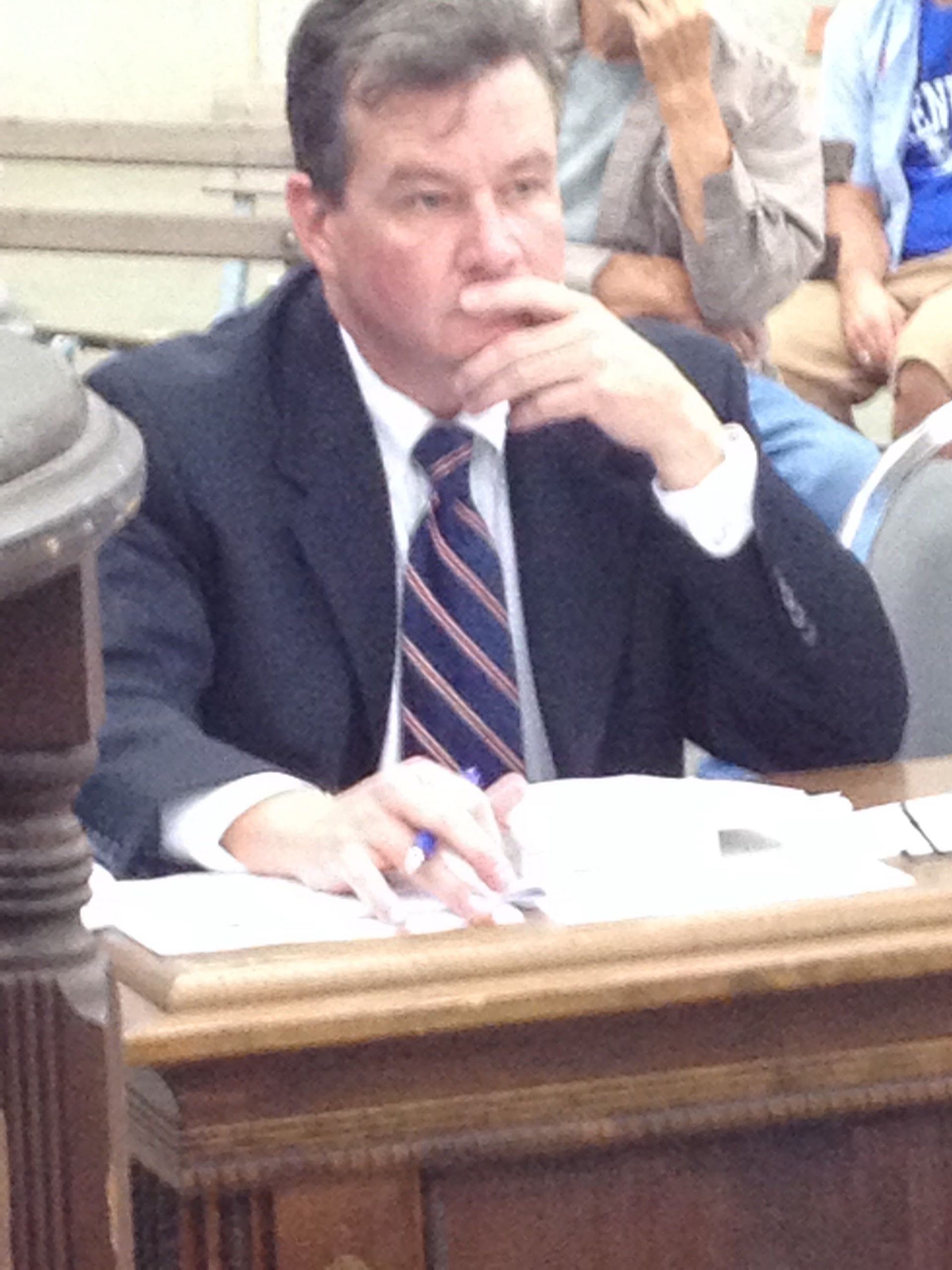Informed of the offense charged in the complaint, information, indictment, or other charging document, and asked to enter a plea of guilty, not guilty, or as otherwise permitted by law. Depending on the jurisdiction, arraignment may also be the proceeding at which the court determines whether to set bail for the defendant or release the defendant on his or her own recognizance.
Arraignment must occur within a reasonable time after arrest. An unreasonable delay violates the defendant’s federal constitutional Sixth Amendment right to a speedy trial. If a criminal complaint, information or indictment is issued and the prosecutor’s office or the court does not schedule the case for arraignment until months or years later, the defendant’s attorney can ask that the case be dismissed because of the delay. The judge must review the circumstances of the delay and determine whether the delay was unreasonable.
Procedure
1. Informing the Defendant of Charges
2. Pleading at the arraignment - Defendants normally enter a plea of not guilty through their attorneys. Arraignment in Circuit Court in Kentucky means that the case was presented to the Grand Jury or was taken through "Rocket Docket." Rocket Docket is just a term used to mean that the Defendant had stipulated to a charge and therefore waived his right to have their case presented to the Grand Jury.
3. Right to a Lawyer at the Arraignment. Arraignment is considered a critical part of your due process and you have a right to a lawyer at this stage. The lawyer will be able to help explain the charges and the consequences of any pleas that the defendant may enter. The defendant can also waive his right to a lawyer if he chooses to do so.
If the defendant can't afford a lawyer, the court will appoint one for him if requested. However, if the charged crime is petty and can't lead to prison, the defendant doesn't have the right to an appointed lawyer.
As a practical note you really want an attorney at this stage. I've seen people go up without an attorney and when asked if they wish to plead guilty responded, "I guess I shoud since I did it." As simple as "not guilty" is, you should have an attorney.
Presence of Defendant at the Arraignment
The defendant is generally required to be present at an arraignment. However, a court may allow a defendant to waive his right to be present under certain circumstances. Any waiver of presence is permitted only with the consent of the court.
The Amendments impacted here would be the 5th, 6th and 8th Amendments.
You don't want to walk up and plead guilty because you don't know the law. Your mental state at the time of the events is critical.
Some people walk into their 5th Amendment trap as noted above. "Well, I did it, so why not."
Your 6th Amendment - Arraignment must occur within a reasonable time after arrest. An unreasonable delay violates the defendant’s federal constitutional Sixth Amendment right to a speedy trial.
Your 8th Amendment - “Excessive bail shall not be required, nor excessive fines imposed, nor cruel and unusual punishments inflicted.” What does it mean for a punishment to be “cruel and unusual”?
There are solid reasons why the law exists in its current state and why it is proper. When people created the British Colony in America and decided to have a revolution they were tired of the Old Country. Especitally, the criminal justice system. There was no 5th Amendment Right and so if they got you to say "you did it," then you "did it." No Double Jeopardy so if you were found "not guilty" at a jury trial, they may decide to try the case again!





